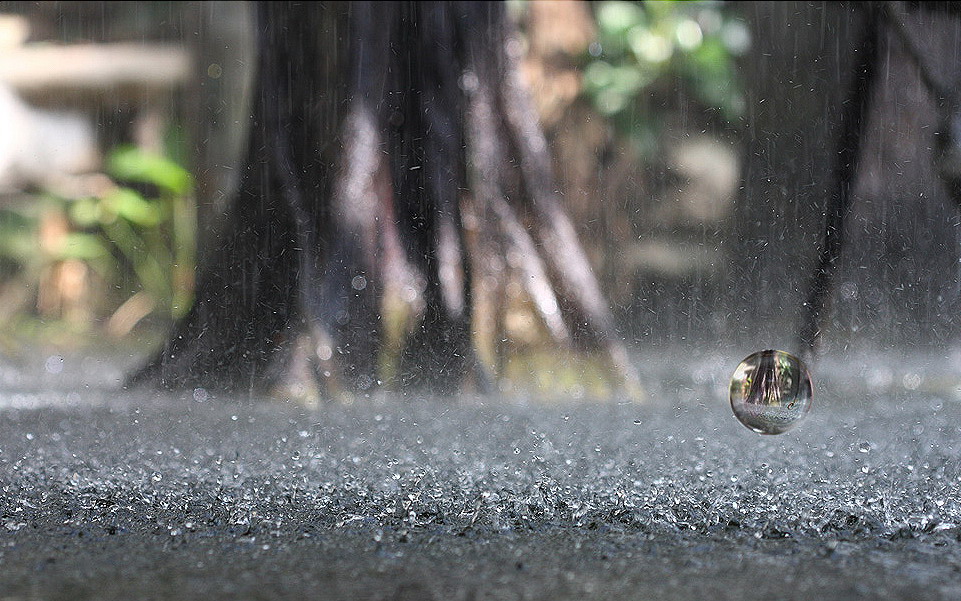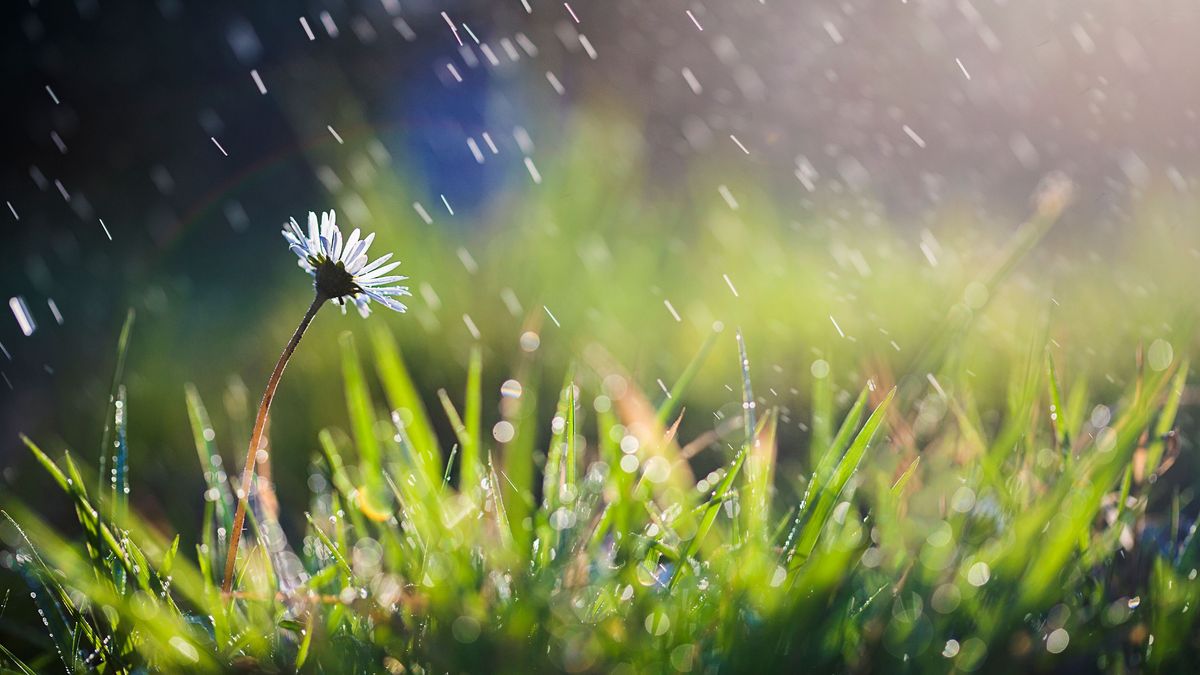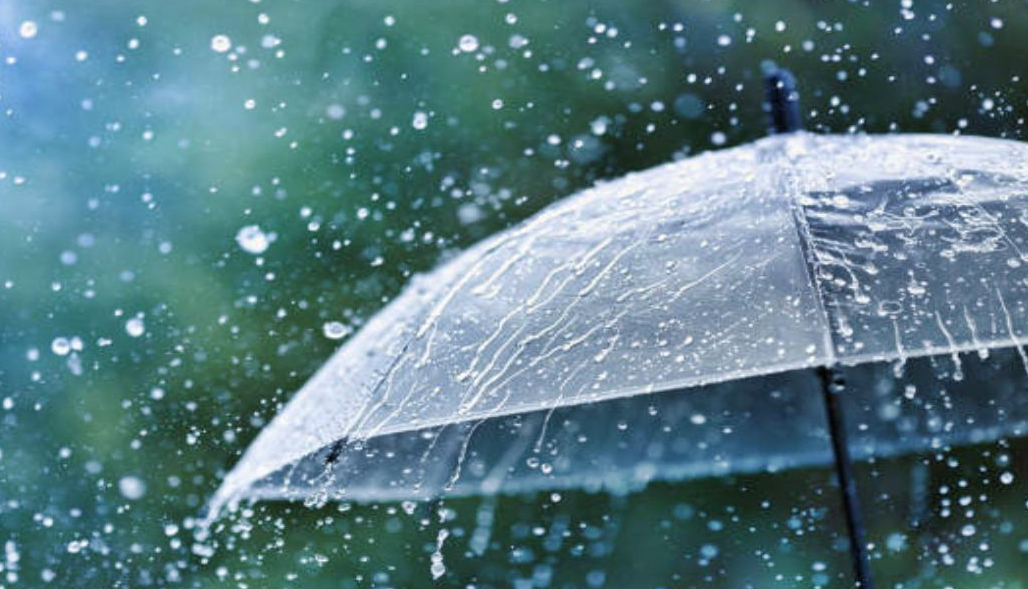
El petricor es el olor que desprende la tierra cuando llueve, producido por una bacteria presente en las plantas
Se dice que “nunca llueve a gusto de todos”, pero hay algo sobre la lluvia en lo que suele coincidir todo el mundo: su aroma tan característico que nos encanta.
Aunque quizá lo que no sabías es que ese olor tan se llama “petricor”, un nombre que se refiere al perfume de la tierra mojada por la lluvia.
Petricor es el nombre de un aceite que se libera de la tierra al aire cuando llueve, que empapa las rocas y hace que estas emanen el característico olor.

El origen del “petricor”, el aroma de la lluvia
Ese “aceite” natural que llamamos petricor y que pone nombre al aroma de la lluvia se origina por la mezcla de geosmina, una sustancia química producida por una bacteria (Streptomyces), y el ozono. Estas bacterias no solo nos regalan esa fragancia tan agradable cuando llueve, también se utilizan para crear antibióticos comerciales.
Si bien los animales también pueden oler la lluvia, lo cierto es que quienes más lo percibimos somos los humanos. Nos gusta tanto que hace décadas, allá por 1960, la lluvia ya se vendía como fragancia en Uttar Pradesh, India. Esto llegó a oídos de dos investigadores, Isabel Bear y RG Thomas, y fue entonces cuando empezó a utilizarse la palabra “petricor”. A día de hoy cada vez es más usado como ingrediente en perfumes.
La palabra petricor viene del griego “petra” (piedra) e “ichor” que, en la mitología griega, es la sangre etérea de los dioses.
Como decimos, fueron los investigadores Bear y Thomas quienes primero describieron el petricor e indagaron en su procedencia y otras características. En una publicación científica aseguraron que este olor parece más intenso y duradero cuando llueve sobre un suelo seco, ya sea porque se trata de una región árida o a causa de una sequía.
“Existe alguna evidencia de que el ganado afectado por la sequía responde inquieto a este ‘olor a lluvia’”, escribieron.
Pero, ¿de dónde nos viene el gusto por la lluvia?
Hay teorías que dicen que el gusto por el olor a lluvia podría ser algo heredado, dado que nuestros antepasados que dependían del clima lluvioso para la supervivencia reconocían este aroma tan embriagador.


Do you know what Petricor is?
Petricor is the odour given off by the soil when it rains, produced by a bacterium present in plants.
It is said that «it never rains to everyone’s taste«, but there is one thing about rain that everyone agrees on: its characteristic scent that we love.
But perhaps what you didn’t know is that the smell is called «petricor», a name that refers to the scent of rain-soaked earth.
Petricor is the name of an oil that is released from the earth into the air when it rains, soaking the rocks and causing them to emanate the characteristic smell.
The origin of «petricor», the scent of rain.
The natural «oil» we call petricor, which gives the rain its name, is a mixture of geosmin, a chemical produced by bacteria (Streptomyces), and ozone. These bacteria not only give us that pleasant fragrance when it rains, they are also used to create commercial antibiotics.
Although animals can also smell rain, the truth is that we humans are the ones who smell it the most. We like it so much that decades ago, way back in 1960, rain was already being sold as a fragrance in Uttar Pradesh, India. This came to the attention of two researchers, Isabel Bear and RG Thomas, and it was then that the word «petricor» came into use. Today it is increasingly used as an ingredient in perfumes.
The word petricor comes from the Greek «petra» (stone) and «ichor» which, in Greek mythology, is the ethereal blood of the gods.
As we said, it was the researchers Bear and Thomas who first described petricor and investigated its origin and other characteristics. In a scientific publication they stated that the smell seems to be more intense and longer lasting when it rains on dry soil, either because it is an arid region or because of a drought.
«There is some evidence that drought-affected livestock respond restlessly to this ‘smell of rain’,» they wrote.
But where does our love of rain come from?
There are theories that the taste for the smell of rain may be inherited, as our ancestors who depended on rainy weather for survival recognised this intoxicating aroma.

